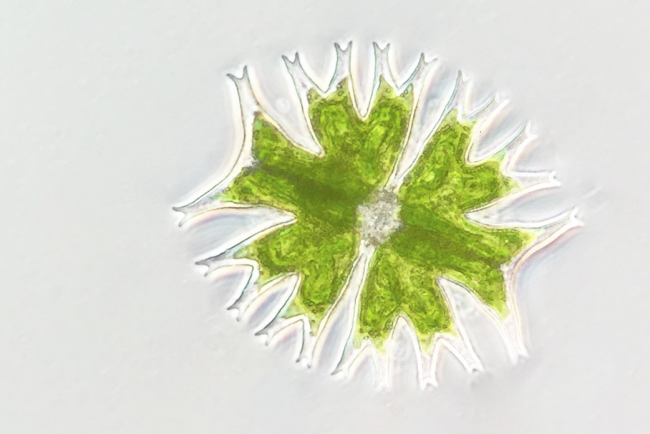
The Innovate UK grant will significantly strengthen existing links between the SME Colorifix and Earlham Institute, both located on Norwich Research Park, to help further establish Norwich as a synthetic biology hub in the UK.
The collaboration brings together the Earlham Institute’s expertise in synthetic biology and automation and the Colorifix team’s world-leading development of dye manufacturing using synthetic biology, cementing their position as the experts and manufacturers of the next generation of safe and sustainable dyes.
The new project will leverage EI’s capabilities in microfermentation and high-throughput sequencing to develop and optimise new pathways for dye production.
Dr Liliya Serazetdinova, Head of Business Development and Impact at the Earlham Institute, said: “We’ve built a great partnership with Colorifix and it’s fantastic to see this recognised with new funding from Innovate UK.
“Harnessing the power of synthetic biology to create dyes has potential to eliminate the need for hazardous chemicals, helping us to pioneer safe and sustainable dying process, and help textile manufacturing industry to move to zero carbon.”
Neil Williamson, Head of Microbial Engineering at Colorifix, commented: “This was a great team effort by Drs M Carvalho, S. Vaud, R. Marques and myself with the team from the Earlham Institute who identified a research proposal that will not only benefit Colorifix but the wider UK biotechnology and synthetic biology communities through the development of a next generation synthetic biology platform optimised for growth on a renewable feedstock.”
Innovate UK, the UK’s innovation agency, drives productivity and economic growth by supporting businesses to develop and realise the potential of new ideas. Smart grants are open grant funding awards designed to deliver ambitious or disruptive R&D innovations that can make a significant impact on the UK economy.
“Our ability to scale-up and automate synthetic biology processes is accelerating innovation in this industry,” added Dr Serazetdinova. “We’re excited about working with Colorifix to develop the next generation of dyes.”



